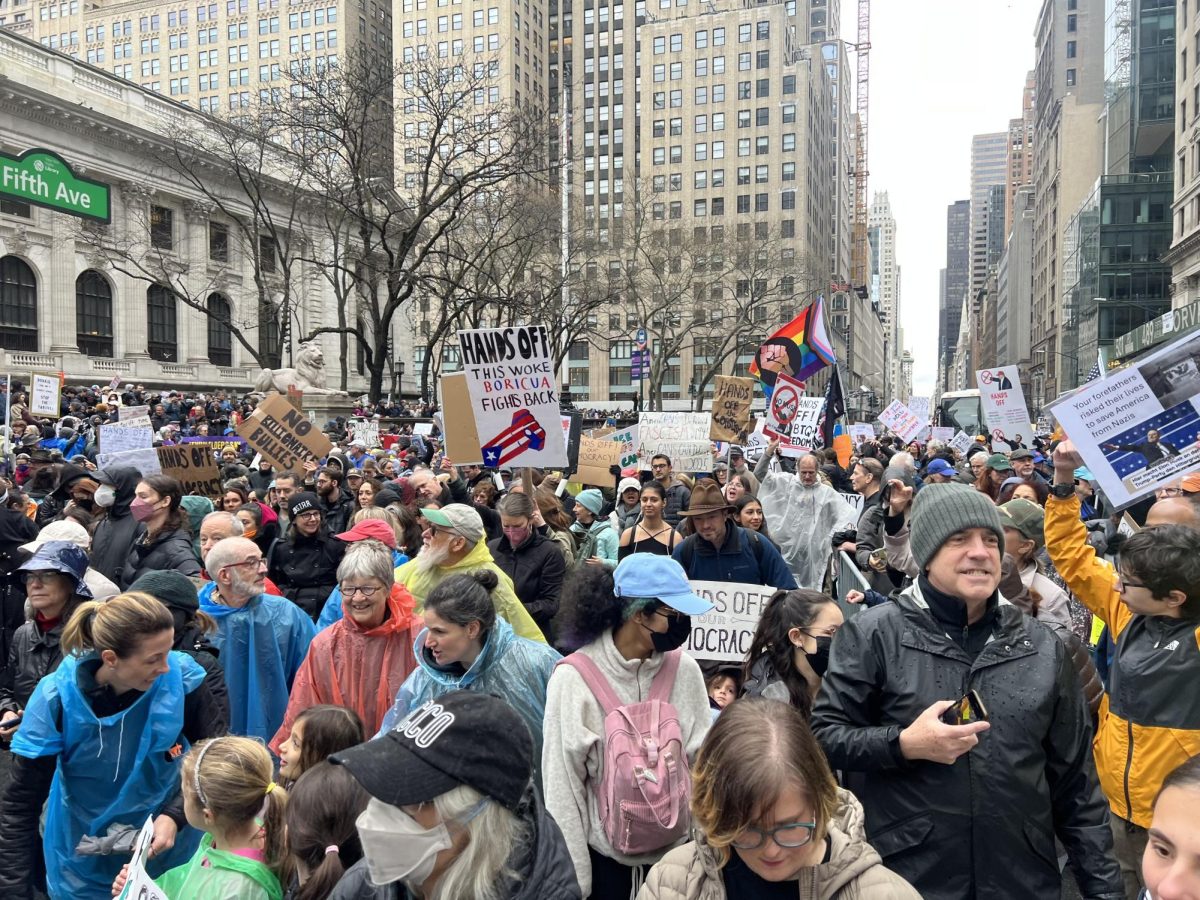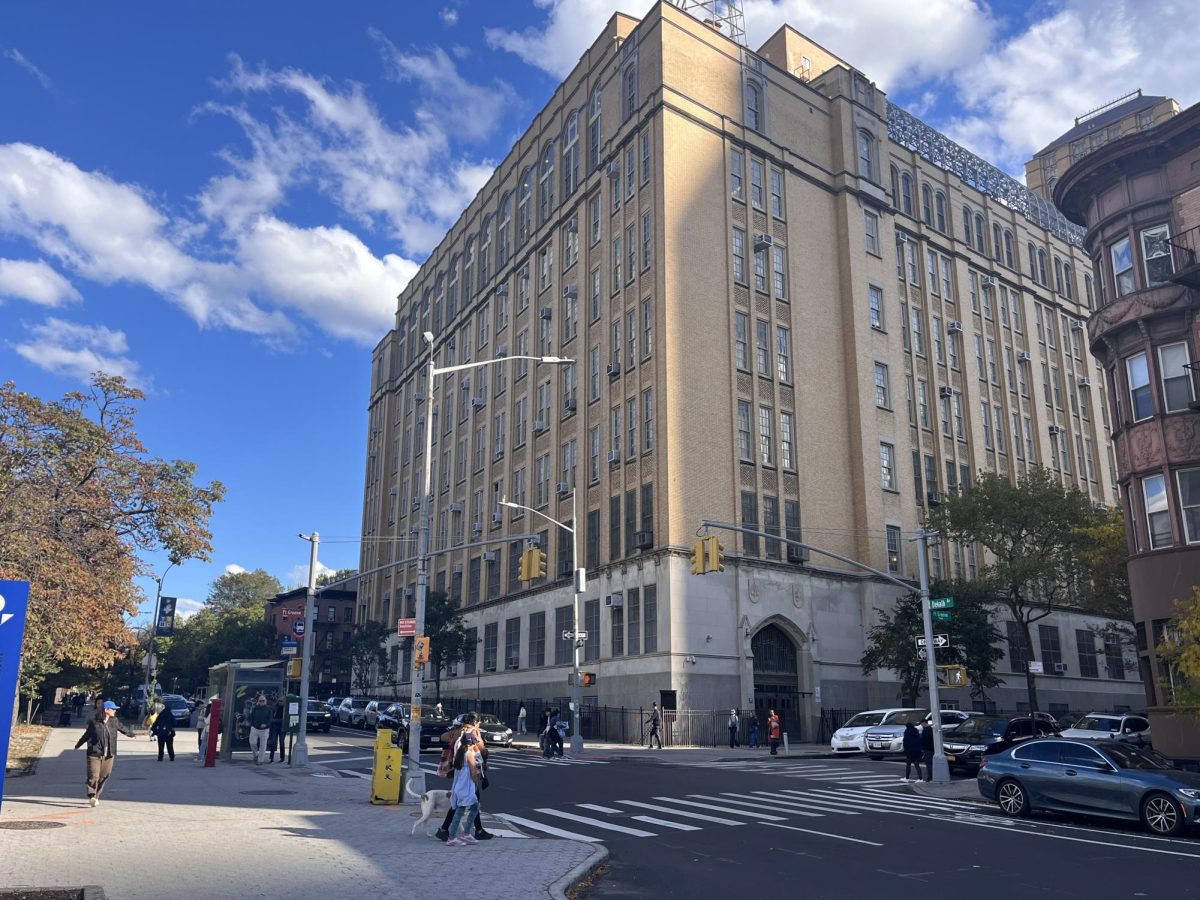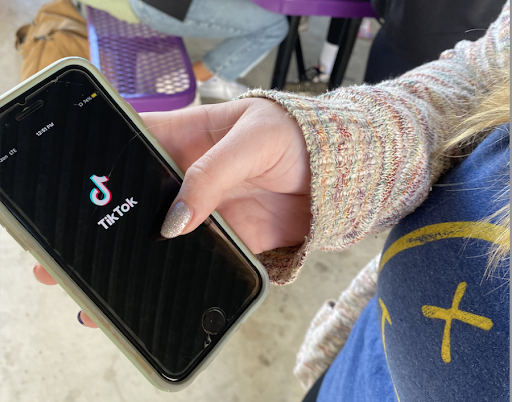Musical.ly, later renamed TikTok in 2016, quickly rose to become the most downloaded app worldwide. The popular social media platform has captivated audiences of all ages, with about 37.36% of United States citizens logging on at least once a month in 2023. The Trump administration first proposed banningTikTok in 2020, to address national security concerns that TikTok is managed by a Chinese-owned company called ByteDance.
Fears that the Chinese government could access user data that is collected through the app recently spurred Congress to introduce a bill that aims to lessen the risk of foreign governments accessing American citizens’ data through apps like TikTok. Despite ByteDance avoiding claims that the Chinese government has access to this data, an ex-employee stated that the Chinese Communist Party “maintained supreme access” to TikTok’s data.
On March 20, 2024, a bipartisan majority in the House of Representatives successfully passed the Protecting Americans’ Data Act, also referred to as the “TikTok Ban Bill,” which President Joe Biden subsequently signed into law on April 24th, officially mandating that ByteDance had six months to sell TikTok to an American-owned company by January 19, 2025 or the app will be banned in the US.
Starting at midnight on January 19, 2025, TikTok temporarily suspended its services in the United States after ByteDance failed to divest its U.S. operations by the deadline. Users attempting to access the app were met with a message stating, “Sorry, TikTok isn’t available right now.”
A law banning TikTok has been enacted in the U.S. However, hours later, President Donald Trump, the day before his inauguration, announced plans to issue an executive order extending the deadline, allowing TikTok to resume operations while negotiations for a potential sale continued.
ByteDance’s owners pushed back, claiming the law is unconstitutional and “ironic, because the freedom of expression on TikTok reflects the same American values that make the United States a beacon of freedom.”
TikTok has faced multiple other controversies on the grounds of First Amendment rights. In 2020, former president Donald J. Trump tried to pass a ban or sale of the app. In May 2023, Austin Knudsen, the state attorney general the state of Montana, also tried to ban TikTok. Different federal judges blocked both attempts, claiming TikTok was a “platform for expressive activity.” However, the state of Texas was successful in banning TikTok on state government devices and networks. In December 2023, a federal judge allowed the ban, claiming that it only affected state employees and was a valid concern of safety.
In a Survey poll, half of Tech students reported using TikTok as their primary app for watching short videos, with 31% of those respondents reporting they use TikTok for more than two hours daily on average.
Nicole Lipski (‘27) said that the popular social media app is where she gets information on “what’s trending, what’s in style, aesthetics, and new food recipes.” Lipski added that the ban “would probably make [her] feel less aware about the outside world and what’s going on,” explaining that her “For You” page is the source of most of her news, and without TikTok conveniently bringing it to her attention, she would have to do research herself. Younger users like Lipski are not alone, as 43% of adult users also report getting news about the world from the app.
Beyond being a news source around the globe, TikToks can also bring together smaller communities. As the sophomore class parliamentarian, Samira Yunusova (‘27) uses the short videos to let the student body know about upcoming events at Tech. “TikTok is just so universal because so many people have it, and it’s easy to tell that message in a video rather than a dense paragraph of information,” said Yunusova. She uses viral audios and popular trends to engage her audience while sharing practical information in an interesting way.
Students are also well aware of how draining TikTok can be. Over 55% of the Brooklyn Tech student body spend two or more hours of screen time on TikTok, taking away from school work, socialization, and other screen-free activities.
“I love making TikToks and feeling connected and up to date, but I get so addicted to it, and it feels like I can’t control myself,” Yunusova admitted.
A study by Bridgewater University showed that excessive use of TikTok by adolescent students has many negative effects, such as encouraging procrastination, creating a distorted view of time, and greatly decreasing attention spans.
Ms. Allison Barlow, a social worker at Tech, noted that TikTok can be both captivating and draining for students. She observed that “many students report difficulty putting down their phones or closing the app once they’ve opened it,” often leading to “long stretches of time passing without students even realizing.”
Ms. Barlow notes that this tendency results from TikTok’s algorithm, which leaves students distressed over lost time and negatively impacts their focus on responsibilities like academic work and college preparation.
She also mentioned that the platform’s design creates a “predatory environment” where young users are especially susceptible to advertisements, leading to further concerns about consumer manipulation.
As TikTok’s future in the US remains uncertain, the situation marks a new era in which governments may become more involved in policing digital spaces to control data security content, and app ownership. The TikTok ban raises concerns about how American teenagers can connect, study, and contribute in a world where social media is increasingly restricted.








































